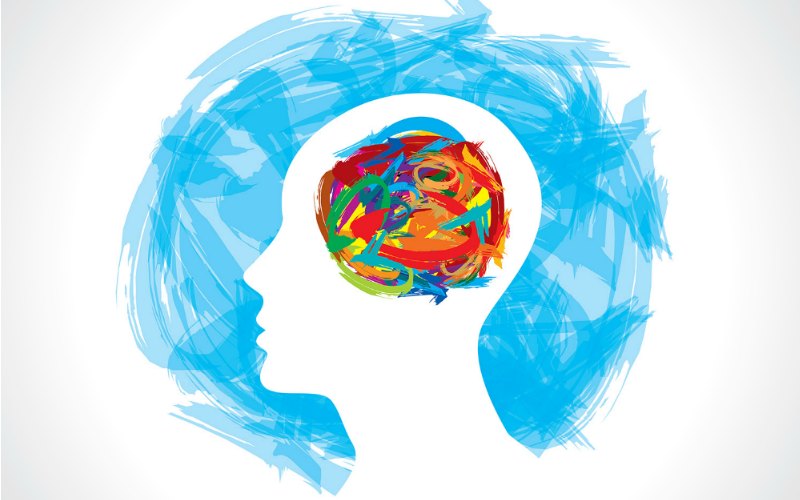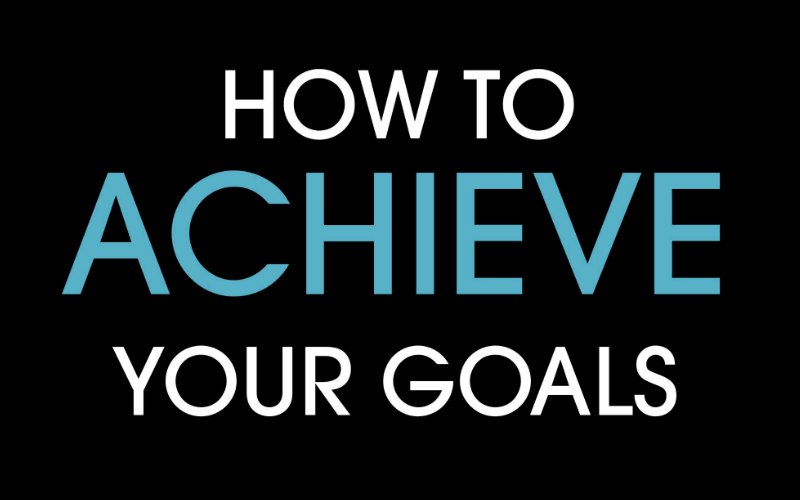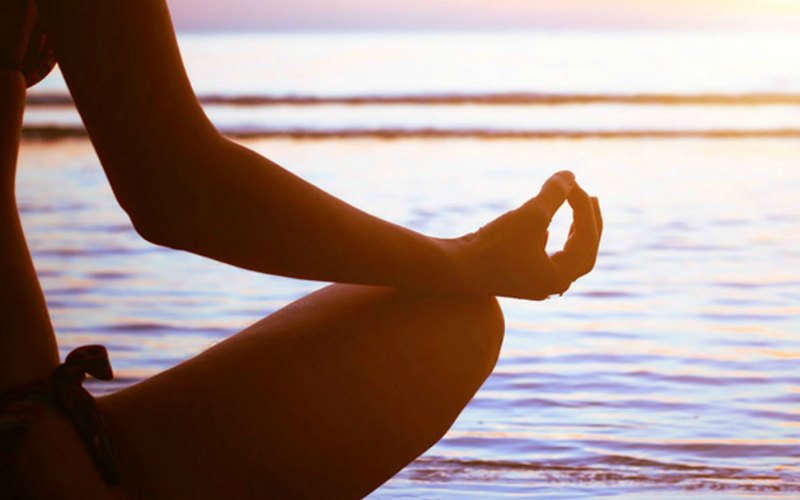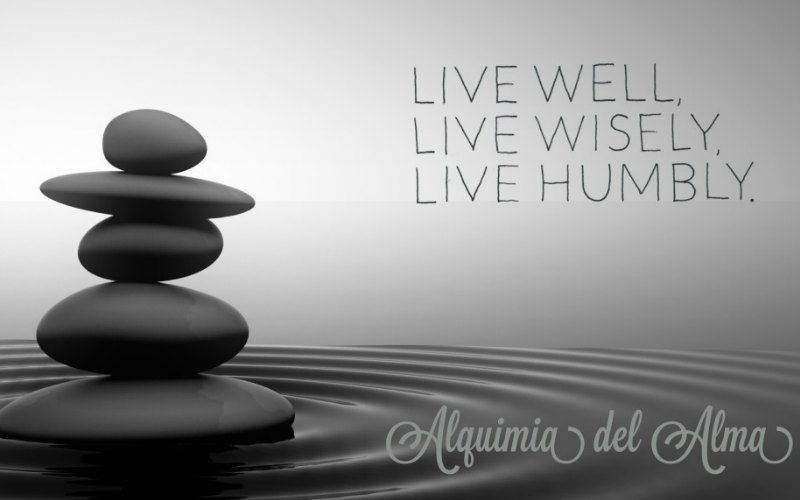
Embracing the Minimalist Lifestyle Through Meditation
For many people, minimalism doesn’t come naturally. We are often wired to want to collect things when we already have ample items to live comfortably.
This motivation might have stemmed from our parents, stocking up on household needs when they went on sale, squirreling boxes and cans and packages in cabinets and garage shelving units.
Or maybe it was old-fashioned advertising, slick magazine pages and TV commercials promoting the latest trends. Everyone was wearing the same outfit, and we wanted to fit in. But next season, new styles strutted down the runways, and we were back at a very unfashionable square one.
Perhaps it was capitalism itself. Our first jobs — and first paychecks — paving the way to splurge on the purse or couch or DVD or trinket we wanted, the one that would fulfill us this time. We rightfully earned that money, so it was our right to spend it however we chose.
Now, though, we are looking to choose minimalism, going against habits and values and cultural practices carefully ingrained in us. How are we supposed to hold fast to minimalism amid the constant barrage of consumerism, the push to purchase, save, and hoard goods?
It could come as a surprise that embracing minimalism more fully could be as simple as meditating on a regular basis.
If you don’t have a strong background in meditation, or if you’ve never consciously meditated before, not to worry. There are many different resources you can utilize to help learn the practice of meditation. Consider testing out meditation apps on your smartphone, including Headspace, which offers 10 guided meditation sessions for free, as well as subscription options, or Calm, which features themed meditation sessions on everything from gratitude to commutes. You might also find free, live meditation programming in your own community. Contact your local library or municipal parks to see if any meditation sessions are scheduled. As an alternative, meditation is often offered at the end of yoga classes. Called Savasana, the position is aimed at complete relaxation, and many times includes guided meditation via the yoga instructor.
Meditation offers us a reset button. A buffer against the detritus of everyday life. A calm in the storm. And with minimalism in mind, meditation can help reinforce the reasons we’ve chosen to maintain a simpler existence.
Treat minimalist meditation as a reaffirmation for your life. It’s important to try to develop a habit of daily meditation sessions, as they will, in turn, bolster your commitment to minimalism as a whole. If possible, choose a set time each day to practice your meditation, as this will make it easier to remember to complete. Make it a part of your morning routine, or as a way to wind down for the night after a long day. Find whatever works best for your schedule, even if it’s just a few minutes in your car to decompress and clear your mind between appointments.
While you’re meditating, focus on what minimalism means to you personally. Did you decide to embrace minimalism to declutter your life? Remind yourself why that was important to you. Review how your practice has been going. Has the organization of your pared down belongings started to fray around the edges? Examine what might be going wrong. Was it a knee-jerk splurge during a shopping trip that made you relax your goals for yourself? What can you do to get back on track?
Overall, meditation should be a loving practice, free from judgment. The purpose of identifying hangups and trouble spots during your meditation sessions is not to scold yourself for any setbacks in your minimalist lifestyle. Instead, you should focus on the causes behind problem areas. Putting a finger on these will help you develop a positive path forward, as well as revisiting why your minimalist lifestyle is important to your health, happiness, and general wellbeing. With time put aside for meditation, and an enhanced focus on minimalism, you can go into every day with specific intention to further simplify your life, pinpointing what is most important to you and leaving everything else behind.
It’s important to remember that minimalism is a lot more meaningful than simply jettisoning some of your material belongings. Embracing a way of living with fewer superfluous possessions, practices, or habits will bring a greater sense of peace and freedom. Meditate daily with these targets in mind, and leading a minimalist life will become more and more natural to you.
















